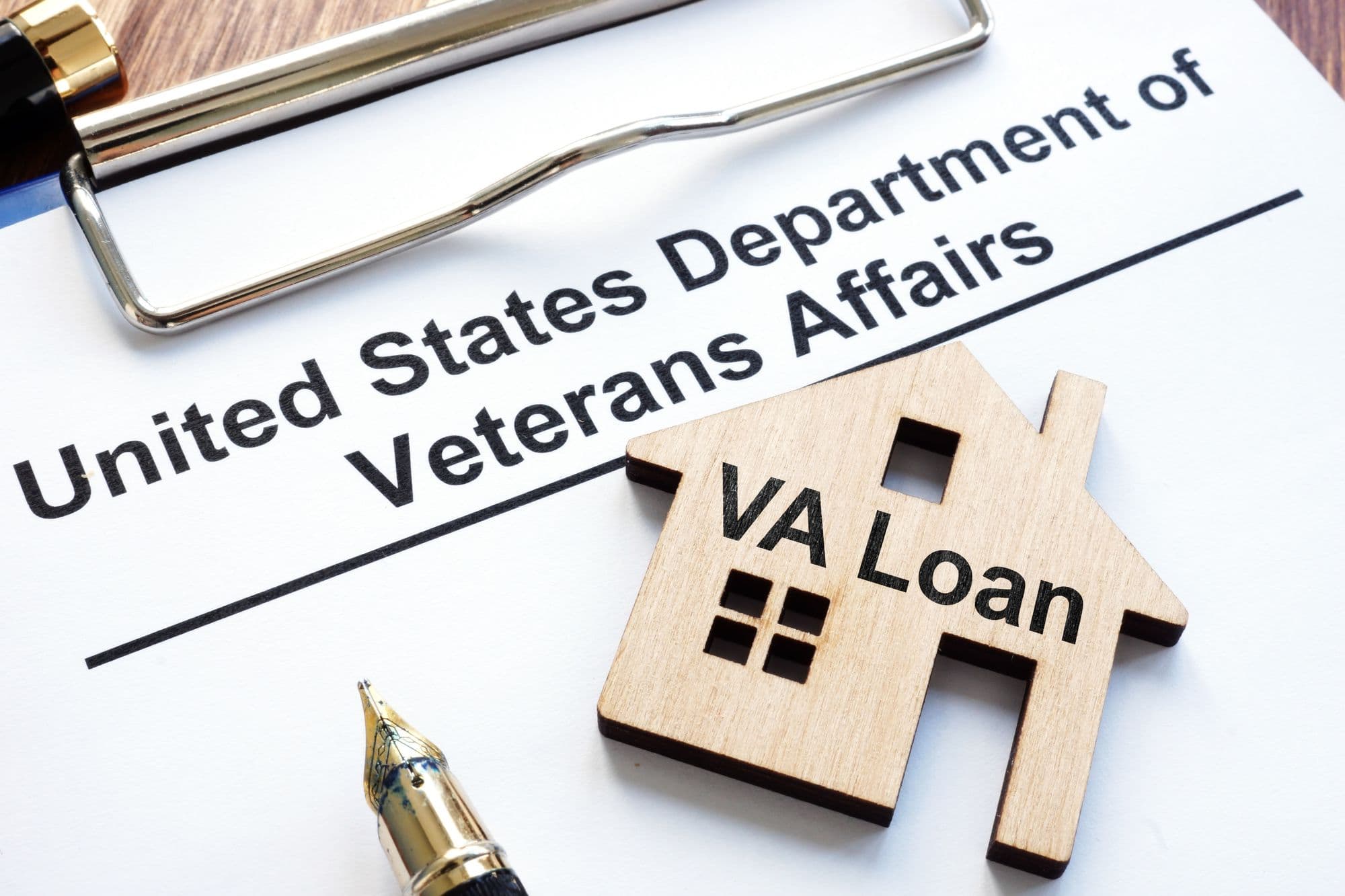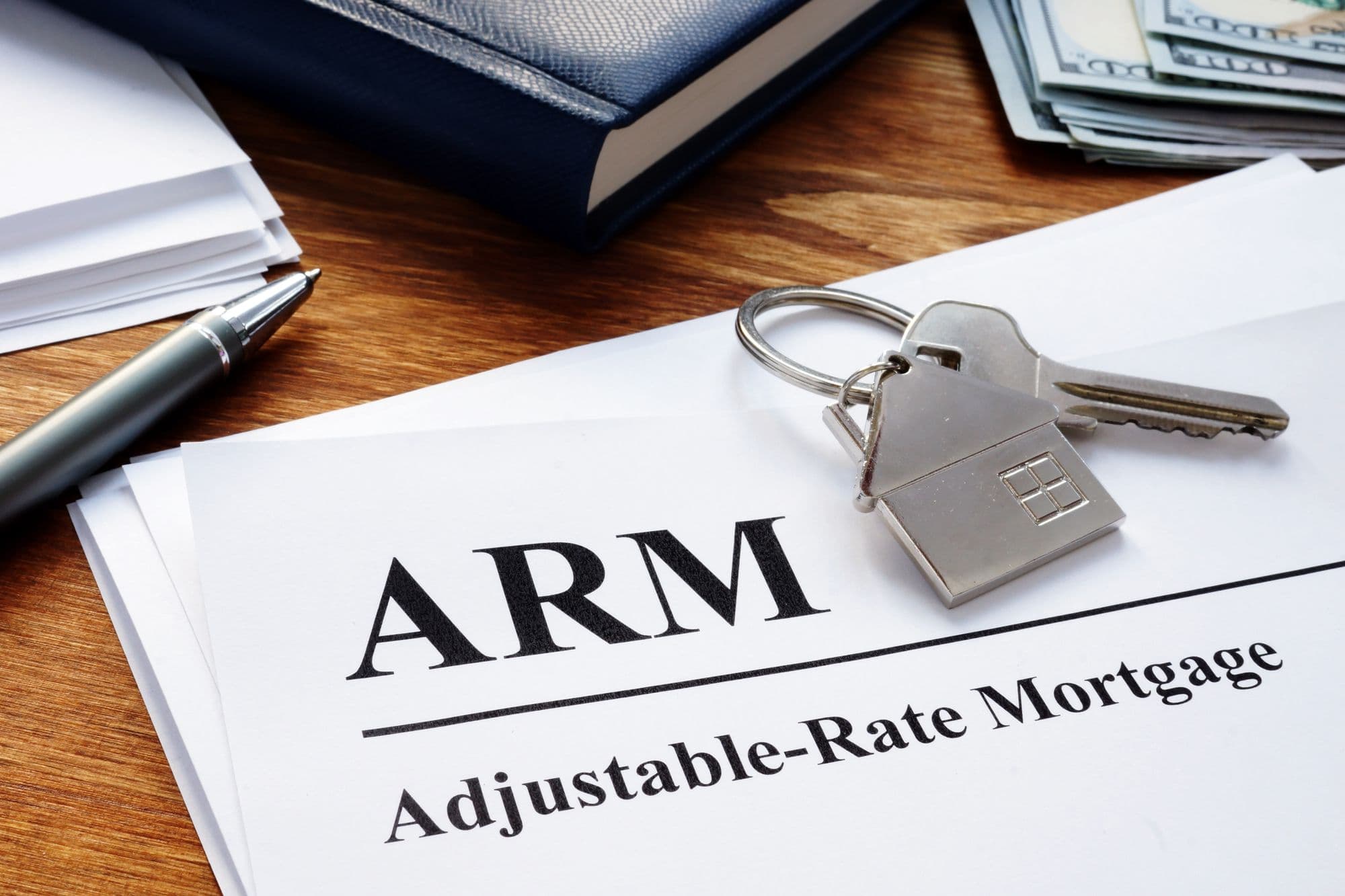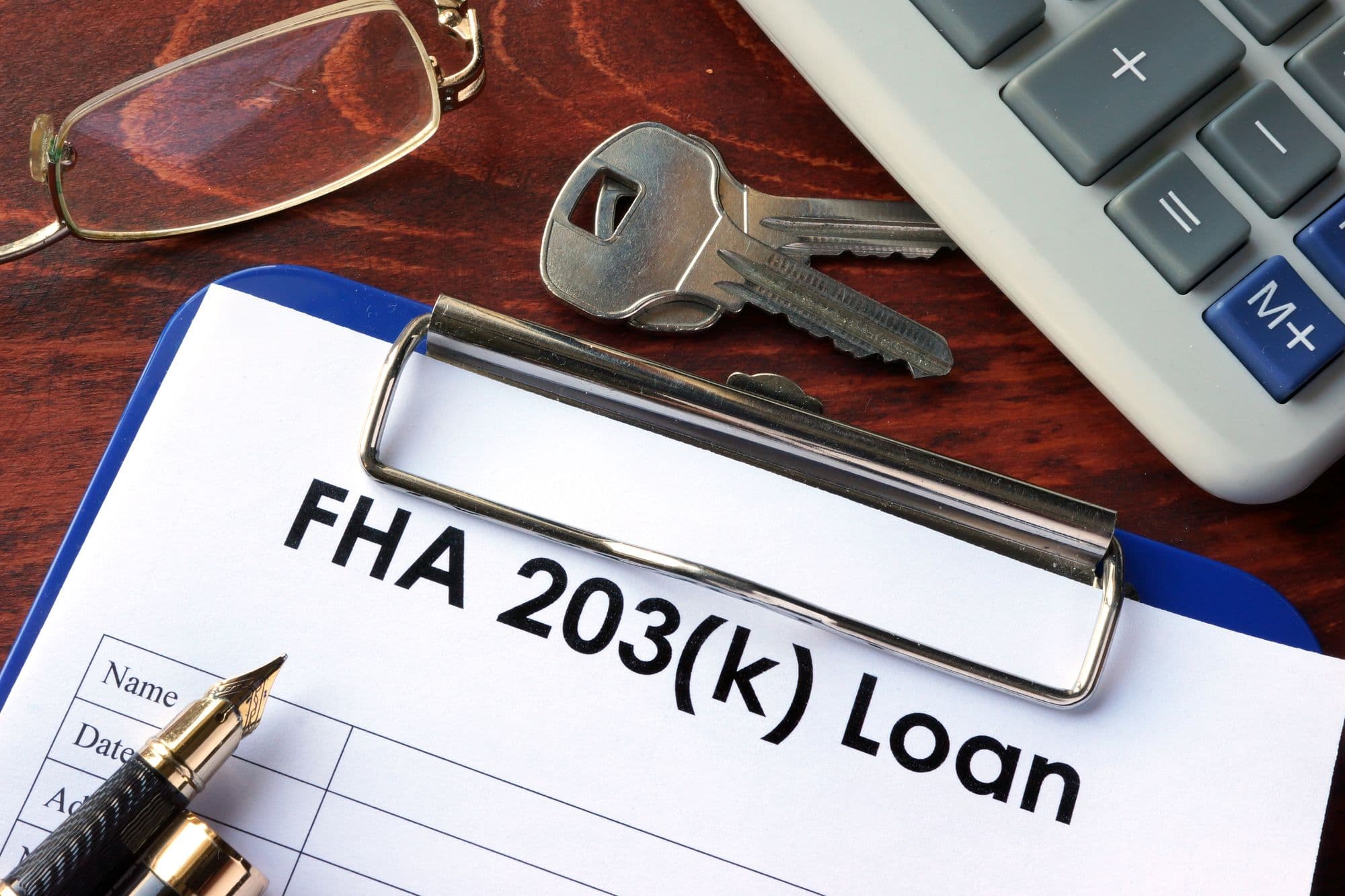
What Is a Jumbo Loan and How Does It Work?
Jumbo Loans are Mortgage loans that exceed the Fannie Mae and Freddie Mac conforming loan limits.

Buying a home isn’t always straightforward, especially when the property you want is priced above typical mortgage limits. In those cases, a standard loan won’t cut it, and that’s where a jumbo loan comes in.
What Is a Jumbo Loan?
A jumbo loan is a type of mortgage designed for homes that exceed conforming loan limits set by the Federal Housing Finance Agency (FHFA). In 2025, that limit is about $806,500 in most areas, but in high-cost regions, it can reach $1,209,750.
Because jumbo loans go beyond these limits, they can’t be purchased by Fannie Mae or Freddie Mac, meaning lenders take on more risk. To offset that, qualifying for a jumbo loan requires stronger credit, higher income, and a larger down payment compared to standard mortgages.
How Does a Jumbo Loan Work?
Unlike conventional conforming loans, jumbo loans are held by the lender or sold to private investors. This makes them less standardized, but they still function like a typical mortgage: you borrow money, then pay it back monthly with principal and interest.
The difference lies in the loan size and stricter requirements. You’ll often need a credit score above 700, a lower debt-to-income ratio, and enough savings to cover several months of payments.
How Do Jumbo Mortgage Rates Compare to Conventional Loan Rates?
As with any and all questions related to mortgage rates, it depends. A mortgage lender’s appetite for a certain type of loan will often dictate the rates they offer. For example, a lender specializing and equipped to handle a high volume of VA loans may price their FHA and conventional loans a little higher than the rest of the market while pricing their VA loans better. The same can be said for jumbo loans.
Shopping for jumbo loan rates and selecting a jumbo lender is as critical as shopping for a traditional mortgage, if not more. Because jumbo lenders have more control over their requirements, terms, and conditions, there may be greater rate variances from lender to lender.
Generally, jumbo rates should be comparable to conventional loan rates. In some cases they will be lower. In others they may be higher. If your credit and financial profile is good, you’ll have a better chance of obtaining favorable terms.
Jumbo Loan Requirements
While exact qualifications vary by lender, here are the typical jumbo loan requirements:
- Credit Score: Usually 700+
- Down Payment: At least 10–20%
- Debt-to-Income Ratio (DTI): Ideally 43% or lower
- Cash Reserves: Several months of mortgage payments in savings
- Income Documentation: Stable and consistent proof of earnings
Pros & Cons of a Jumbo Loan
Who Should Consider a Jumbo Loan
You may be a good candidate for a jumbo loan if:
- You’re buying in a high-cost market where homes often exceed conforming limits
- You have excellent credit and a stable income history
- You’ve saved enough for a significant down payment
- You want to finance a luxury, vacation, or investment property
Who Is Not a Good Candidate for a Jumbo Loan
Jumbo loans aren’t right for everyone. You may want to look at other options if:
- Your credit score is under 700
- You don’t have at least 10–20% for a down payment
- Your debt-to-income ratio is high
- You’d feel stretched thin making the larger monthly payments
Final Thoughts
In summary, a jumbo loan, or jumbo mortgage, is a financing option for buyers looking to purchase a home that goes beyond the limits of a conventional loan set by the FHFA. It’s designed for higher-value properties and comes with stricter requirements like a stronger credit score, larger down payment, and more thorough documentation due to it being a higher-risk loan for lenders.
While jumbo loans make it possible to buy a home that exceeds standard lending caps, they aren’t the right fit for everyone. If you’re financially stable and prepared for the bigger commitment, this type of loan could be the key to securing your dream home. If not, exploring other mortgage programs may be a better path.
FAQs About Jumbo Loans
1. What’s the difference between a jumbo loan and a conventional loan?
A jumbo loan exceeds conforming loan limits, while a conventional loan stays within those limits and can be sold to Fannie Mae or Freddie Mac.
2. Do jumbo loans have higher interest rates?
Not always; rates can be competitive, especially for borrowers with excellent credit.
3. Can I get a jumbo loan with 10% down?
Yes, some lenders allow it, but most require strong credit and proof of significant financial reserves.
4. Are jumbo loans harder to qualify for?
Yes. Because they carry more risk for lenders, they come with stricter requirements.






